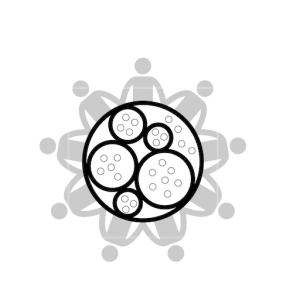If you just want the short summary, watch from 7 mins > 15 mins.
Holacracy is famous for: people thinking it's great when they first find out about it > trying it out without fully doing it > finding it doesn't work for them > thinking it's rubbish cos it doesn't work > telling others it's rubbish cos it doesn't work.
There are lots of reasons for this; one of which is that many novice Holacracy practitioners find it very difficult/almost impossible to follow some of the basic rules in the Constitution.
For example, the Rules of Cooperation are included in the Holacracy Constitution to make it easier for people to rely on each other to get work done in a team with a set of very clear expectations.
Theoretically these expectations should be easy to follow right? It's just a matter of simply making requests: I can request another member attends a meeting; I can ask to see all of the work is on a colleagues plate, I can request a Project or Next Action from a colleague and so on. But in reality, it's often not at all easy to actually do these things because of personal 'stuff'/ relational dynamics which gets in the way.
This video (also included in another unit in another program) explains why people don't typically process their tensions in Self-Organizing Systems. The same reasons apply for why they don't apply the Rules of Cooperation.
It's part of a longer piece which explains how the personal capacity of being able to Differentiate different aspects of tensions (personal/organisational) can help people identify appropriate pathways to work with their tensions; and so remove typical obstacles to people processing tensions, so making it more likely for them to do so. It is about the foundational personal capacity of Differentiation & Integration.
